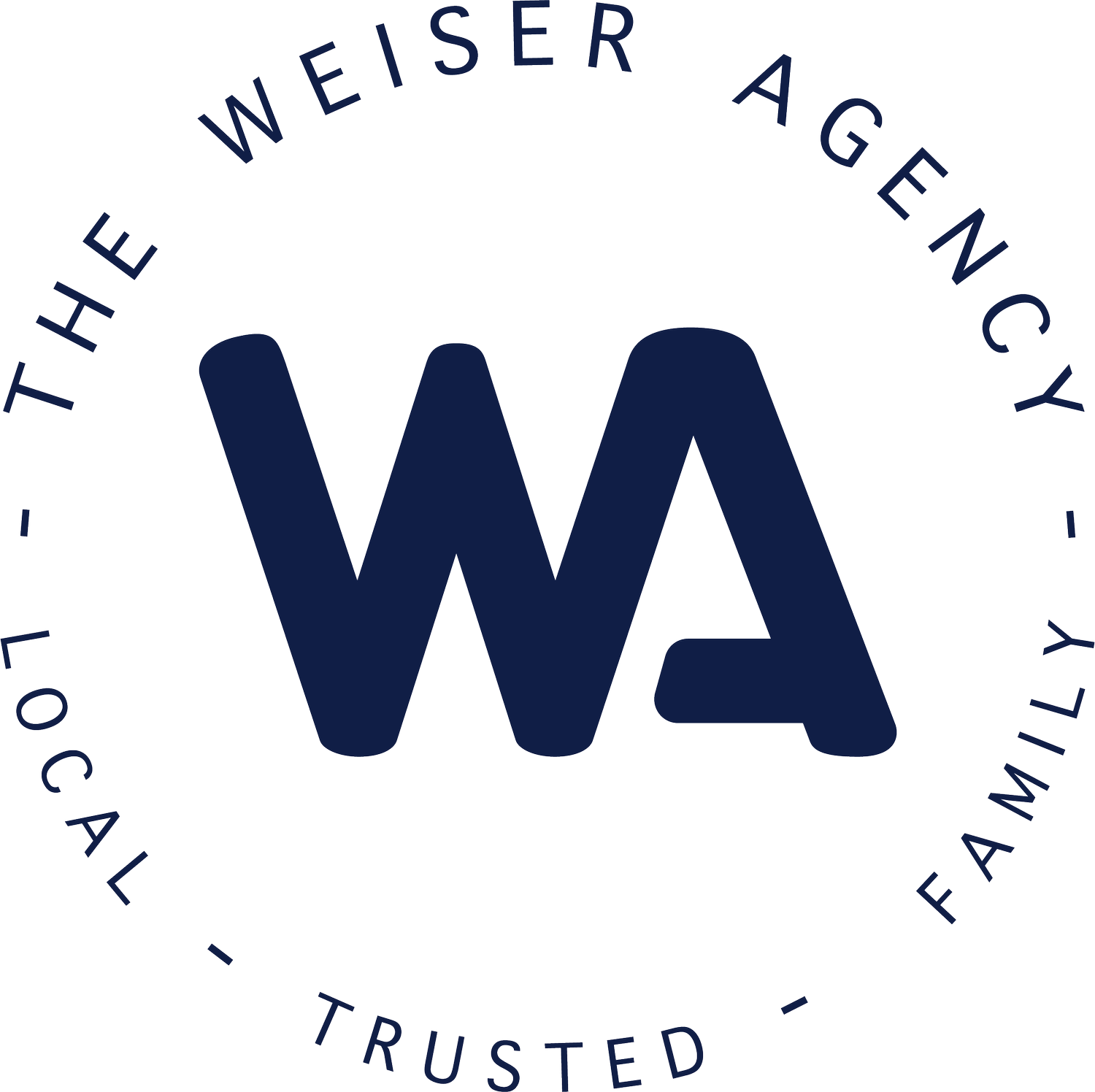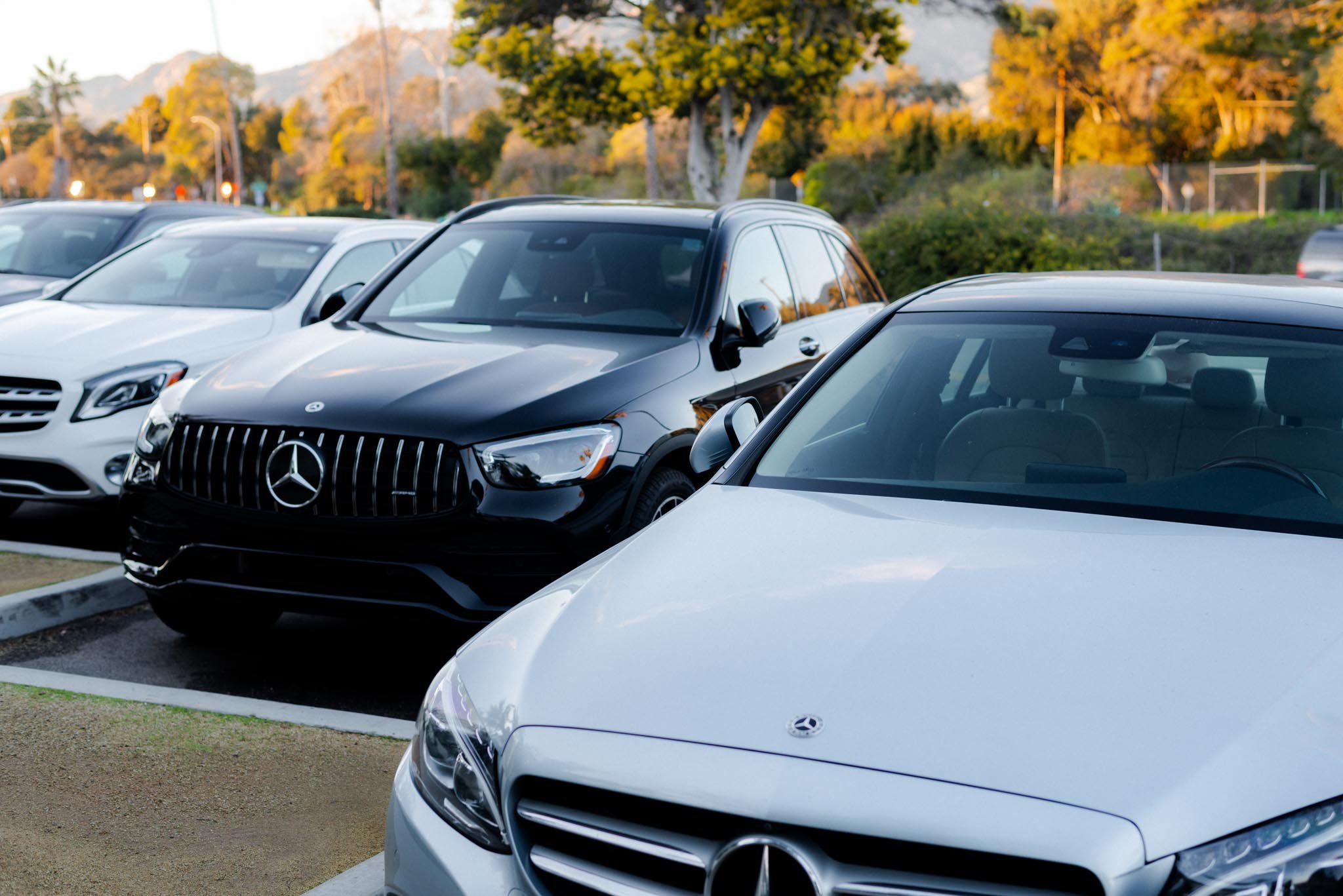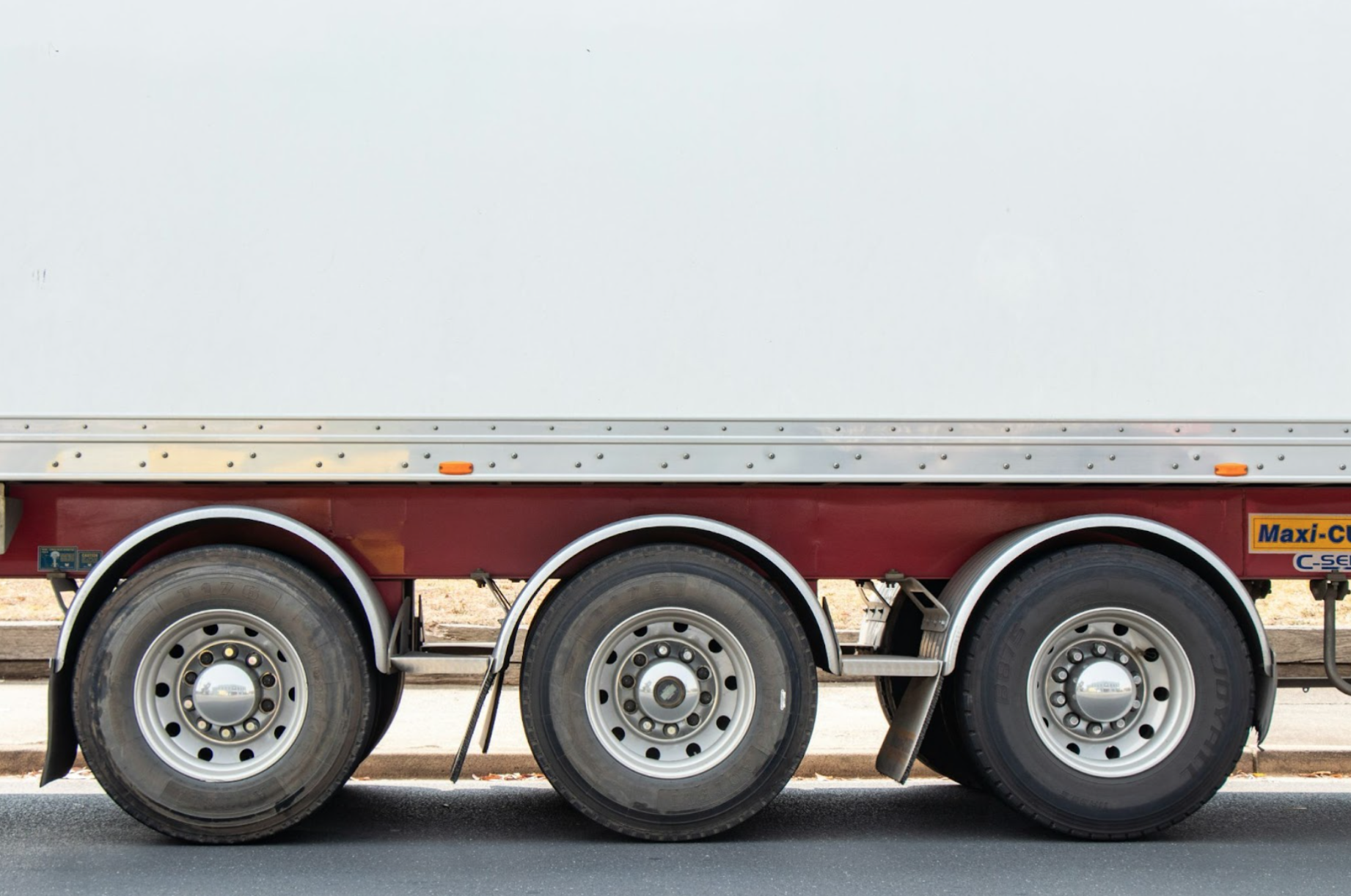Personal vs. Commercial Auto Insurance: Knowing the Difference
Auto insurance is a crucial aspect of responsible vehicle ownership, offering financial protection in the event of accidents, theft, or other unforeseen events. That being said, not all auto insurance is created equal. Understanding the differences between personal and commercial auto insurance is vital for individuals and businesses alike. In this article, we'll delve into the nuances of each, shedding light on their unique features, coverage, and scenarios where they come into play.
Personal Auto Insurance
Personal auto insurance is designed with individuals and families in mind. It encompasses various coverage types catering to the diverse needs of private vehicle owners. This type of insurance is ideal for those who use their vehicles primarily for daily activities, such as grocery shopping, school runs, or weekend getaways. Let's explore the key components of personal auto insurance:
Coverage Types:
Liability: Can provide protection to others in accidents where you are at fault.
Comprehensive: Can protect against non-collision events like theft, vandalism, or natural disasters.
Collision: Can pay for damages to your vehicle resulting from collisions.
Uninsured/Underinsured Motorist: Can protect you and your passengers if you’re hurt by someone else in a car accident and that other driver doesn’t have enough insurance to cover you.
Personal auto insurance should be used to cover various activities such as commuting to work, running errands, and family trips. This type of insurance provides coverage for routine aspects of life, providing security for individuals and families.
Commercial Auto Insurance
Commercial auto insurance is tailored explicitly for vehicles used for business purposes. Whether you're a small business owner or part of a large corporation, if your vehicle serves a business function, commercial auto insurance is a necessity. Here's what you need to know:
Coverage Types:
Liability, Comprehensive, and Collision coverage work in much of the same way for Commercial auto coverage as personal.
Hired and Non-Owned Auto: Extends coverage to vehicles not owned by the business and used for business purposes. For example, if a team member uses a personal car to pick up supplies for work and is in a car accident on the way. The business would likely want to file a non-owned auto claim since the accident happened while the team member was engaged in a business-related activity while in the accident.
Cargo Insurance: Can protect the goods or products your business transports.
Commercial insurance becomes imperative in specific scenarios where it is necessary for vehicles used in business operations, such as delivery trucks, company cars, or those involved in transporting goods. Additionally, it is essential when employees utilize their personal vehicles for tasks related to the business. In these situations, commercial insurance provides the comprehensive coverage needed to safeguard businesses against potential liabilities arising from the use of vehicles in the course of work-related activities.
Personal vs. Commercial: Differences in Coverage
One critical distinction between personal and commercial auto insurance is that personal coverage may not adequately protect you during work-related activities. For example, if you're using your vehicle for delivery services, transporting people for a fee, or engaging in business-related travel, relying solely on personal insurance may leave you exposed to potential risks. Rise share drivers (like Uber + Lyft) likely aren’t covered by their personal insurance policy when driving passengers. The ride-share companies may provide liability protection if a passenger of the vehicle is injured in an accident but likely won’t cover damage to the car itself or other vehicles. Commercial insurance can step in to fill this gap, providing coverage for various business-related activities, including the transportation of goods, employees, or clients.
Pricing, Premiums, and Claims
When it comes to costs, premiums for personal and commercial auto insurance are calculated differently. Factors influencing commercial insurance premiums include the type of business, the number of vehicles, and the driving records of employees. Understanding these nuances is essential for businesses to guarantee they are adequately covered without overpaying for unnecessary features.
The claims process also varies between personal and commercial insurance. The nature of the claim and the business purpose behind it can significantly impact how efficiently and effectively a claim is processed. Business-related claims often involve more complex considerations, emphasizing the need for specialized commercial coverage.
The distinction between personal and commercial auto insurance is critical for individuals and businesses alike. As you navigate the road ahead, consider the nature of your vehicle usage and choose the insurance that aligns with your needs. At The Weiser Agency, we understand the importance of protecting what matters most to you. For personalized guidance and compassionate support in navigating the complexities of auto insurance, contact us today. Let's make sure you and your business are covered on every journey.




